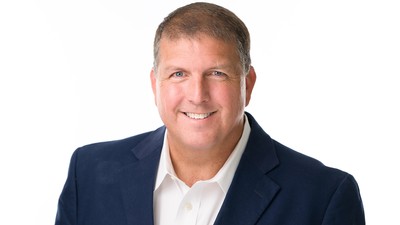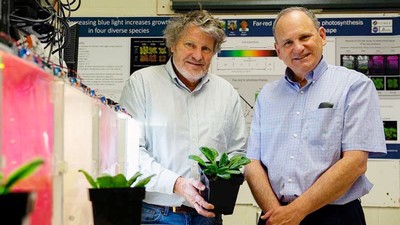USU Releases First Official Land Acknowledgment Statements
By Kat Webb |
Utah State University has finalized official land acknowledgments, recognizing that the university's facilities in Logan and statewide reside on the land of Indigenous peoples.
After a monthslong collaboration with Indigenous communities, Utah State University has finalized its first land acknowledgment statements, recognizing that USU's facilities across the state reside on the lands of Indigenous peoples.
In March of 2021, Utah State University President Noelle E. Cockett announced the formation of a working group to draft the university’s land acknowledgment statements. Now that the official statements have been finalized, local community leaders and the faculty who worked on them agree it’s a great first step in furthering USU’s goals of educating and empowering the state.
“It’s important to share our Utah Tribal nations are alive and maintain very resilient communities within the state of Utah,” said committee chair Marilyn Cuch, of the Hunkpapa Lakota. “And it's even more essential for people to understand that we are not relics, but that we are self-governing tribal entities and nations within the United States.”
The land acknowledgment statements can be shared at any internal or external presentation, course or ceremony that includes USU faculty, staff or students. But land acknowledgment statements need to be more than just a statement, Cuch added.
“It is an opening for individuals to learn more about Indigenous tribes in Utah and elsewhere in the United States,” said the secondary education senior lecturer on USU’s Uintah Basin campus. “Whether it's doing a presentation or literally teaching students about the tribal people, it's inviting our own tribes and the constituents that would be impacted in our tribal nations to be brought forth and allowing for their voices and perspectives to be heard.”
This is especially important for USU since it is a land-grant institution, according to President Cockett.
“I am so pleased with the work of the committee in this endeavor,” Cockett said. “Recognizing our past provides marginalized voices the chance to be heard and brings additional awareness and education of land acknowledgment to all parts of the state.”
In February of 2021, Darren Parry, a tribal elder of the Northwestern Band of Shoshone, was part of a panel discussion on land acknowledgment statements and their role in society as part of the University Libraries’ Land Acknowledgment Workshop Series.
“I always look at land acknowledgments as a great starting point, that we can start here and then work on making things better, not only for Native Americans but other marginalized groups,” Parry said. “I love land acknowledgments, and I love the fact that Utah State is such a unique animal in that they have campuses in different areas of the state.”
Because of USU’s more than 25 campuses and centers throughout Utah, it was important to partner with representatives of the numerous Native nations in the state to tailor each statement and avoid the erasure of any of the groups impacted.
“That was one of the things that was really important in these statements, making sure we connected with all of the tribes in the state of Utah,” said committee member Melissa Tehee, a citizen of Cherokee Nation, assistant professor of psychology and the director of the American Indian Support Project at USU.
Cuch agreed that involvement throughout the state is crucial for furthering openings for dialogue and partnerships.
College Values Online lists Utah State among 30 U.S. colleges with noteworthy efforts to further educational opportunities for Indigenous students. USU waives application fee and automatically grant students of tribal nations resident (or in-state) tuition, as well as maintaining the Native American Living Community housed on USU’s Logan campus.
WRITER
Kat Webb
Assistant Director for Strategic Communications
University Marketing and Communications
kat.webb@usu.edu
CONTACT
Marilyn Cuch
Secondary Teacher Education Program, School of Teacher Education & Leadership
Emma Eccles Jones College of Education and Human Services
435-722-1709
marilyn.cuch@usu.edu
ADDITIONAL RESOURCES
Comments and questions regarding this article may be directed to the contact person listed on this page.







